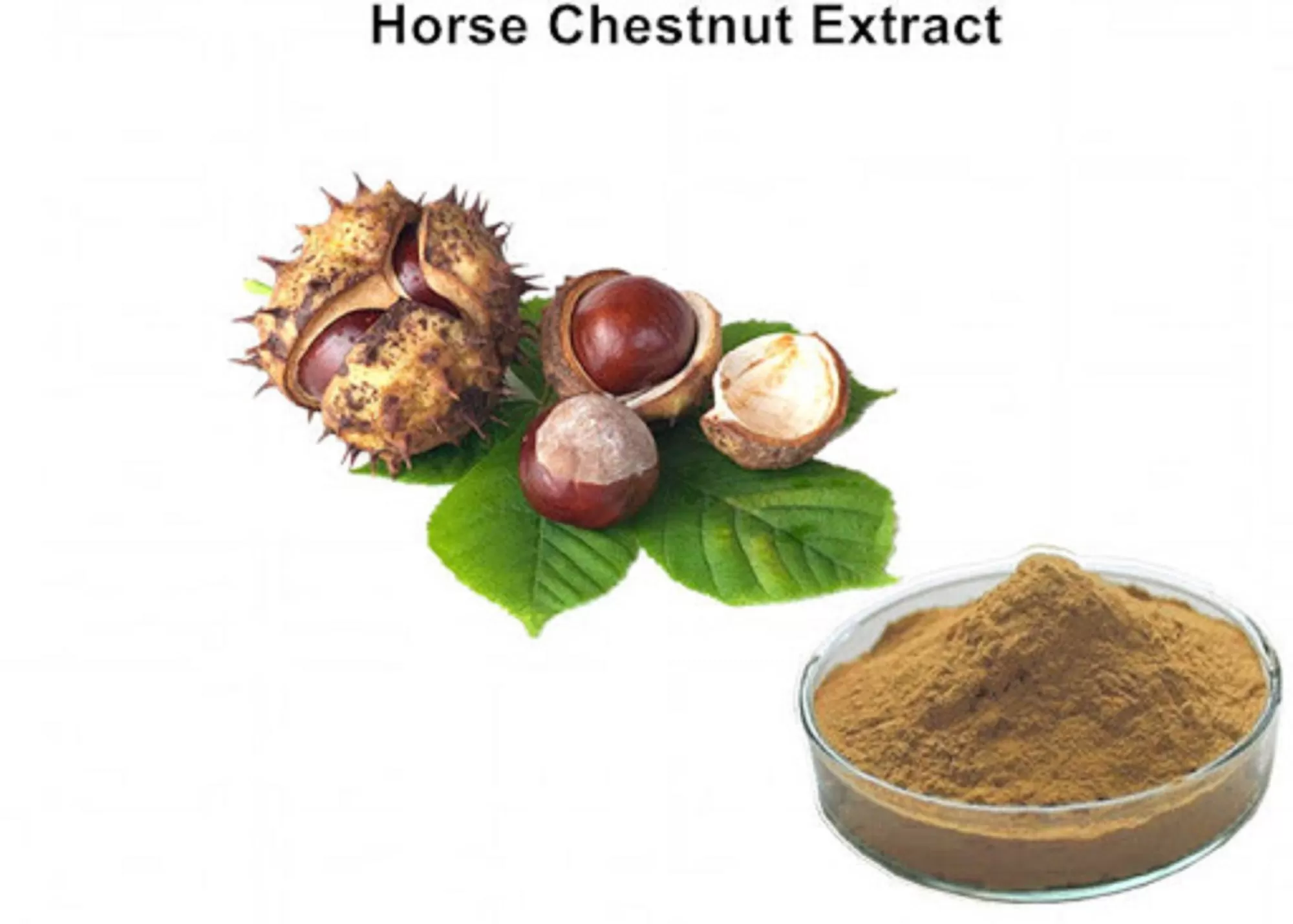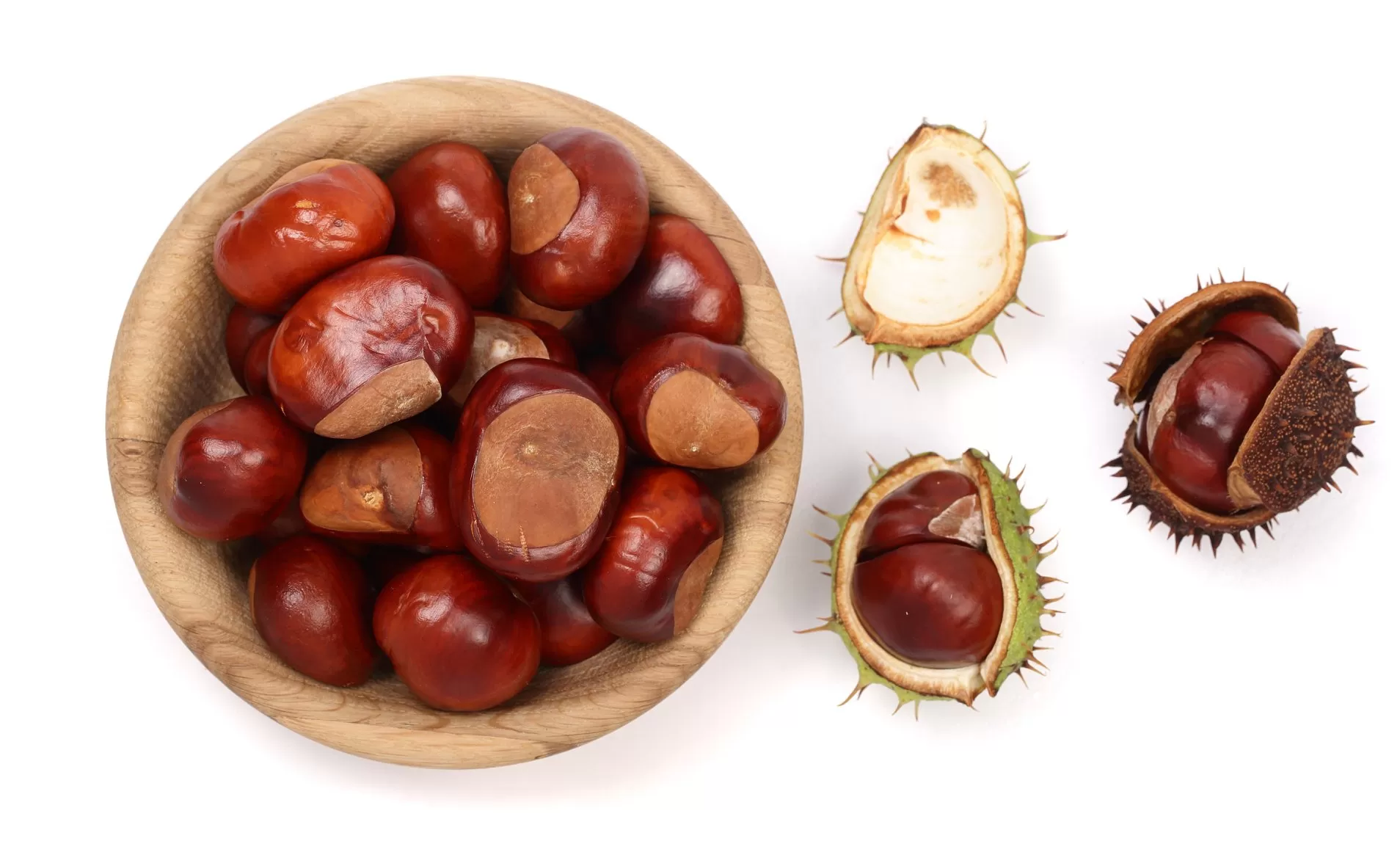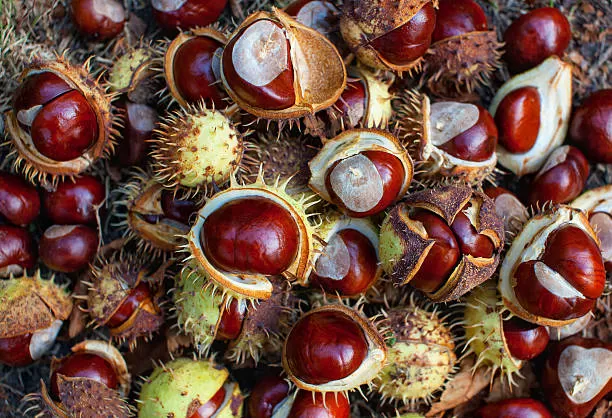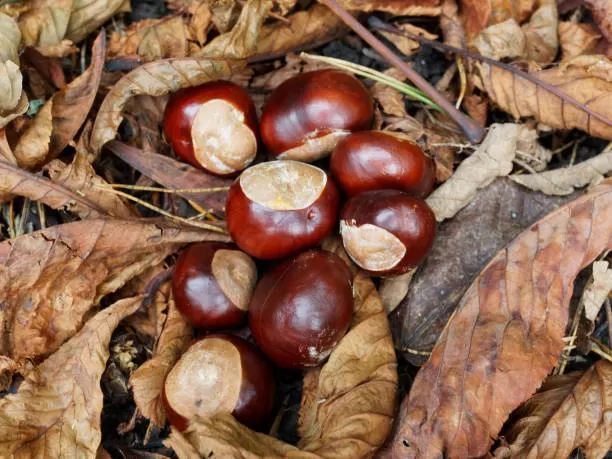- 0086-571-85302990
- sales@greenskybio.com
Is horse chestnut FDA approved?
2025-04-28
In the quest for natural remedies and alternative treatments, Horse Chestnut Extract has garnered attention for its potential therapeutic benefits, particularly in the realm of vascular health. Derived from the seeds of the Aesculus hippocastanum tree, horse chestnut has traditionally been used to address chronic venous insufficiency, varicose veins, and swelling. As interest in this herbal supplement grows, one key question emerges: is horse chestnut FDA approved?
Understanding FDA Approval
To comprehend the regulatory status of horse chestnut, it's essential to first understand what FDA approval entails. The U.S. Food and Drug Administration (FDA) is responsible for protecting public health by ensuring the safety, efficacy, and security of drugs, biological products, and medical devices. This involves a rigorous process of evaluation and testing based on scientific evidence.
For a substance or product to be FDA approved, it typically goes through a series of clinical trials, research studies, and an extensive review process to demonstrate that it effectively treats a specific condition and does so safely. However, it is crucial to distinguish between the FDA's approval of prescription drugs and the regulation of dietary supplements.
Horse Chestnut in the Context of Dietary Supplements
Horse Chestnut Extract is most often found in dietary supplements rather than standalone medications. Unlike prescription drugs, dietary supplements are not subject to the same rigorous approval process by the FDA. According to the Dietary Supplement Health and Education Act (DSHEA) of 1994, manufacturers of dietary supplements are responsible for ensuring the safety of their products before marketing them, but FDA approval is not required. Instead, the FDA monitors safety by scrutinizing adverse event reports and can take action if a product is found to be unsafe or misleading.
In this context, Horse Chestnut Extract falls under the category of dietary supplements. Therefore, it is not FDA approved in the sense that prescription drugs are. Instead, it can be marketed legally as a dietary supplement without explicit FDA approval, provided that it does not claim to diagnose, treat, cure, or prevent any diseases.
Evaluating the Safety and Efficacy of Horse Chestnut
While horse chestnut extract is not FDA approved, there is a growing body of research exploring its potential benefits. The active component of horse chestnut, aescin, is believed to improve blood circulation and reduce inflammation, which might explain its traditional use for vascular health.
Studies have suggested that horse chestnut extract may be effective in reducing symptoms of chronic venous insufficiency, such as leg pain, heaviness, and swelling. A review published in The Cochrane Database of Systematic Reviews (2012) concluded that horse chestnut seed extract is a safe and effective short-term treatment for chronic venous insufficiency, with fewer side effects compared to standard treatments.
However, the research is not without its limitations. Many studies have small sample sizes, and some lack rigorous controls or use standardized preparations of horse chestnut extract. This variability makes it difficult to universally assert the efficacy and safety of all horse chestnut products. Consumers should exercise caution and consult healthcare professionals before integrating horse chestnut into their health regimen.
Potential Side Effects and Risks
Though generally considered safe when used appropriately, horse chestnut extract can cause side effects in some individuals. These may include gastrointestinal issues, dizziness, headaches, or allergic reactions. Furthermore, horse chestnut should never be consumed raw due to the presence of toxic components in unprocessed seeds.
Additionally, individuals taking anticoagulant medications, those with kidney or liver conditions, or pregnant and breastfeeding women should be particularly cautious, as horse chestnut could exacerbate health issues or interfere with medication efficacy.
FDA Oversight and Consumer Responsibility
The absence of FDA approval does not imply that horse chestnut extract is unsafe or ineffective. However, it emphasizes the importance of informed consumer choices. Consumers are encouraged to:
1. Research Products: Look for dietary supplements that have been independently tested and verified by third-party organizations for quality assurance.
2. Seek Professional Guidance: Consult healthcare providers when considering horse chestnut extract, especially if you have underlying health conditions or are taking other medications.
3. Monitor Effects: Pay attention to any side effects or changes in health that may occur upon starting horse chestnut supplements and report adverse effects to a healthcare provider.
Looking Forward: Potential Developments
As the demand for alternative medicine and natural remedies continues to increase, ongoing research may further elucidate the benefits and mechanisms of horse chestnut extract. The possibility of more robust clinical trials could eventually pave the way for more comprehensive evaluations and even potential FDA approval if its therapeutic claims are substantiated.
In conclusion, while horse chestnut is not FDA approved in the context of prescription medications, it remains accessible as a dietary supplement supported by anecdotal evidence and preliminary studies. Consumers should approach its use with careful consideration, emphasizing safety and evidence-based information as guiding principles. As the scientific community continues to explore the world of herbal medicine, horse chestnut's regulatory status might evolve, further solidifying its place in the market of natural health products.
- ▶ Hesperidin
- ▶ citrus bioflavonoids
- ▶ plant extract
- ▶ lycopene
- ▶ Diosmin
- ▶ Grape seed extract
- ▶ Sea buckthorn Juice Powder
- ▶ Beetroot powder
- ▶ Hops Extract
- ▶ Artichoke Extract
- ▶ Reishi mushroom extract
- ▶ Astaxanthin
- ▶ Green Tea Extract
- ▶ Curcumin Extract
- ▶ Horse Chestnut Extract
- ▶ Other Problems
- ▶ Boswellia Serrata Extract
- ▶ Resveratrol Extract
- ▶ Marigold Extract
- ▶ Grape Leaf Extract
- ▶ blog3
- ▶ blog4
- ▶ blog5
-
Does horse chestnut affect blood pressure?
2025-04-28
-
Is horse chestnut extract safe?
2025-04-28
-
Is horse chestnut good for your legs?
2025-04-28
-
Cranberry Extract
2025-04-28
-
Phellodendron Extract
2025-04-28
-
Cactus Extract
2025-04-28
-
Mulberry Extract
2025-04-28
-
Black Rice Extract
2025-04-28
-
Motherwort Extract
2025-04-28
-
Bitter Melon Extract
2025-04-28
-
Beetroot juice Powder
2025-04-28
-
Tormentil Extract
2025-04-28
-
Fenugreek Extract Powder
2025-04-28






























